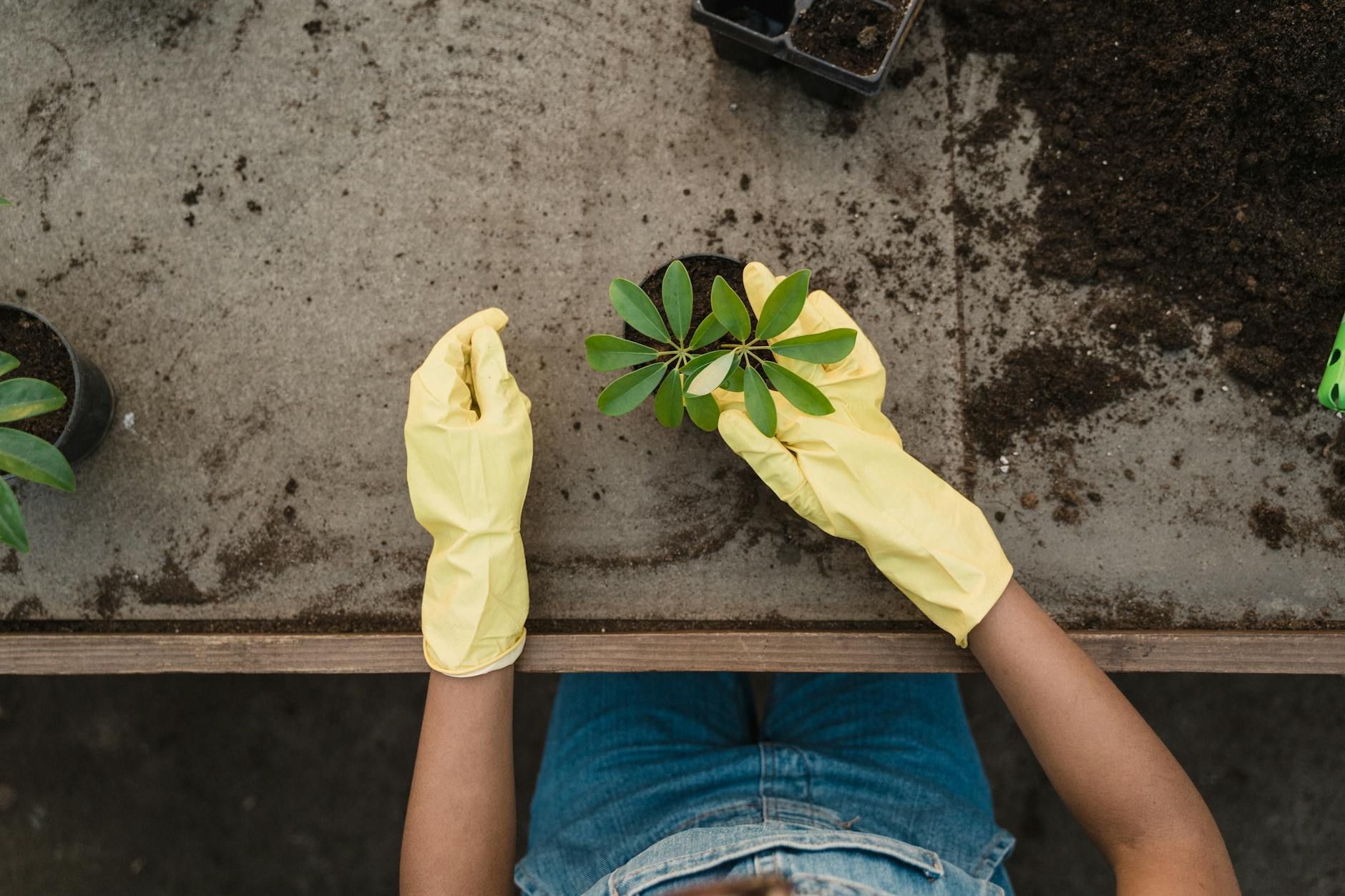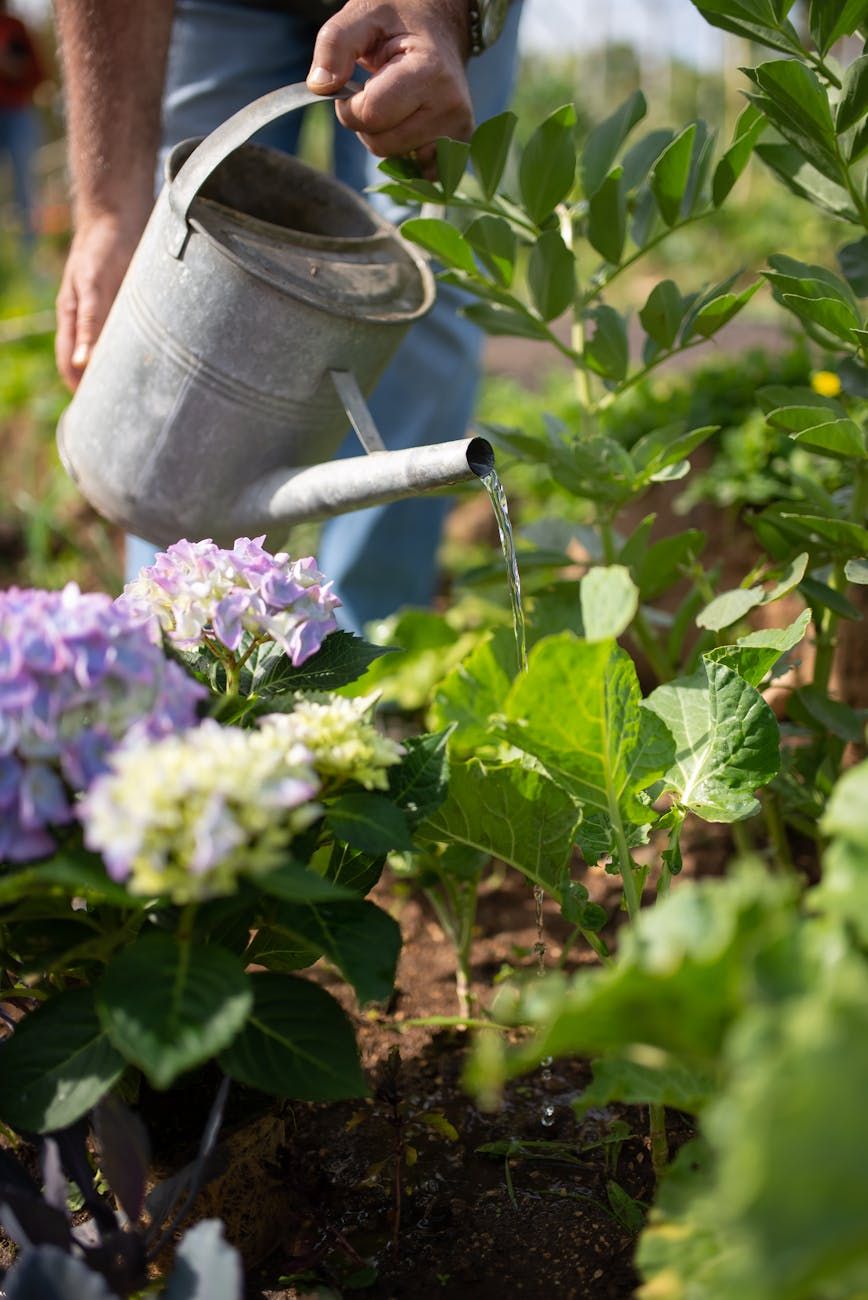Organic Gardening: Eco-Friendly Methods for Garden Care



Organic gardening is a sustainable and eco-friendly approach to caring for your garden without the use of synthetic chemicals and pesticides. By adopting natural methods and techniques, you can create a thriving garden that is not only beautiful but also beneficial to the environment. In this article, we will explore various practices and tips for organic gardening that promote biodiversity, conserve water, and foster healthy soil.
1. Natural Fertilizers
One of the key principles of organic gardening is to nourish the soil using natural fertilizers. Compost, manure, and organic matter can provide essential nutrients to your plants without the harmful effects of synthetic chemicals. These natural fertilizers help improve soil structure, retain moisture, and support beneficial microorganisms in the soil.
2. Composting Methods
Composting is a valuable practice in organic gardening that recycles kitchen scraps, yard waste, and other organic materials into nutrient-rich compost. By creating your own compost pile or using a compost bin, you can reduce waste, enrich your soil, and promote a healthy ecosystem in your garden. Compost also helps suppress diseases and pests, leading to a more sustainable garden environment.
3. Pest Control Without Chemicals
Instead of relying on chemical pesticides to manage pests in your garden, consider using natural pest control methods. Planting companion plants, attracting beneficial insects, and using physical barriers are effective strategies for controlling pests without harming the environment. By promoting a diverse ecosystem in your garden, you can create a natural balance that reduces the need for toxic chemicals.
4. Water Conservation
Conserving water is essential in organic gardening to promote sustainability and reduce water waste. Using mulch, drip irrigation, and rainwater harvesting are effective ways to conserve water and support healthy plant growth. By optimizing water usage in your garden, you can minimize water runoff, prevent soil erosion, and create a more resilient garden ecosystem.
5. Organic Soil Care
Healthy soil is the foundation of a successful organic garden. By focusing on soil health and fertility, you can enhance plant growth, improve nutrient uptake, and increase resistance to pests and diseases. Practices such as crop rotation, cover cropping, and soil testing can help maintain soil balance and vitality in your garden.
Conclusion
Organic gardening offers a holistic and sustainable approach to caring for your garden while promoting environmental stewardship. By using natural fertilizers, composting methods, pest control without chemicals, water conservation techniques, and organic soil care practices, you can create a green and biodiverse garden that thrives without harming the planet. Embracing eco-friendly gardening methods not only benefits your plants but also contributes to a healthier and more sustainable world.




